Health & Disease

Researchers identify 21 modifiable risk factors for reducing the risk of developing Alzheimer’s disease.

Researchers link genetic changes in the region of DNA that define blood type with susceptibility to COVID-19 infections.
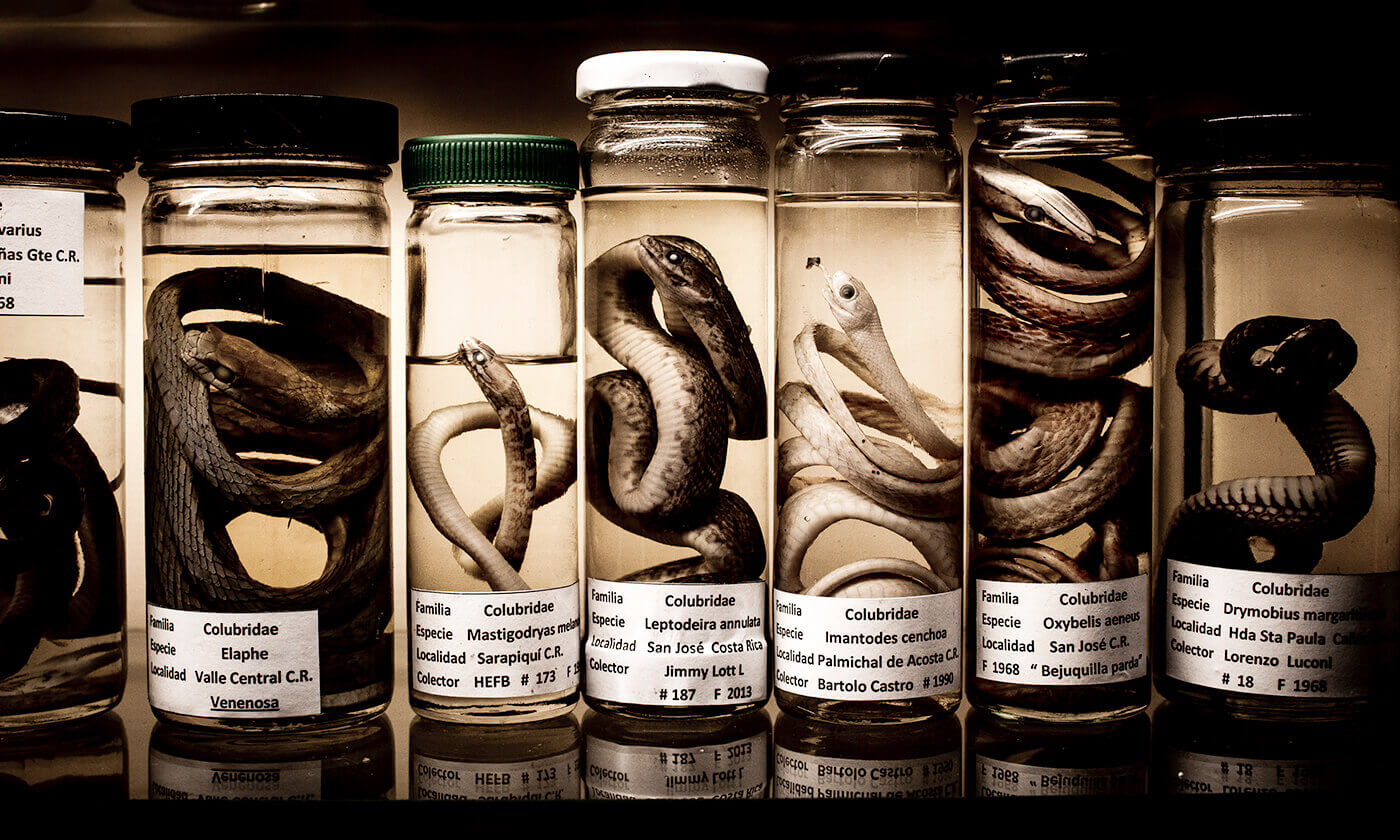
Researchers use a new method to extract DNA from preserved samples, opening the door to exploring the DNA of millions of preserved specimens housed at museums.

New study links the famous “Habsburg Jaw” to inbreeding, further confirming the idea that inter-family marriages weaken bloodlines by decreasing genetic diversity.
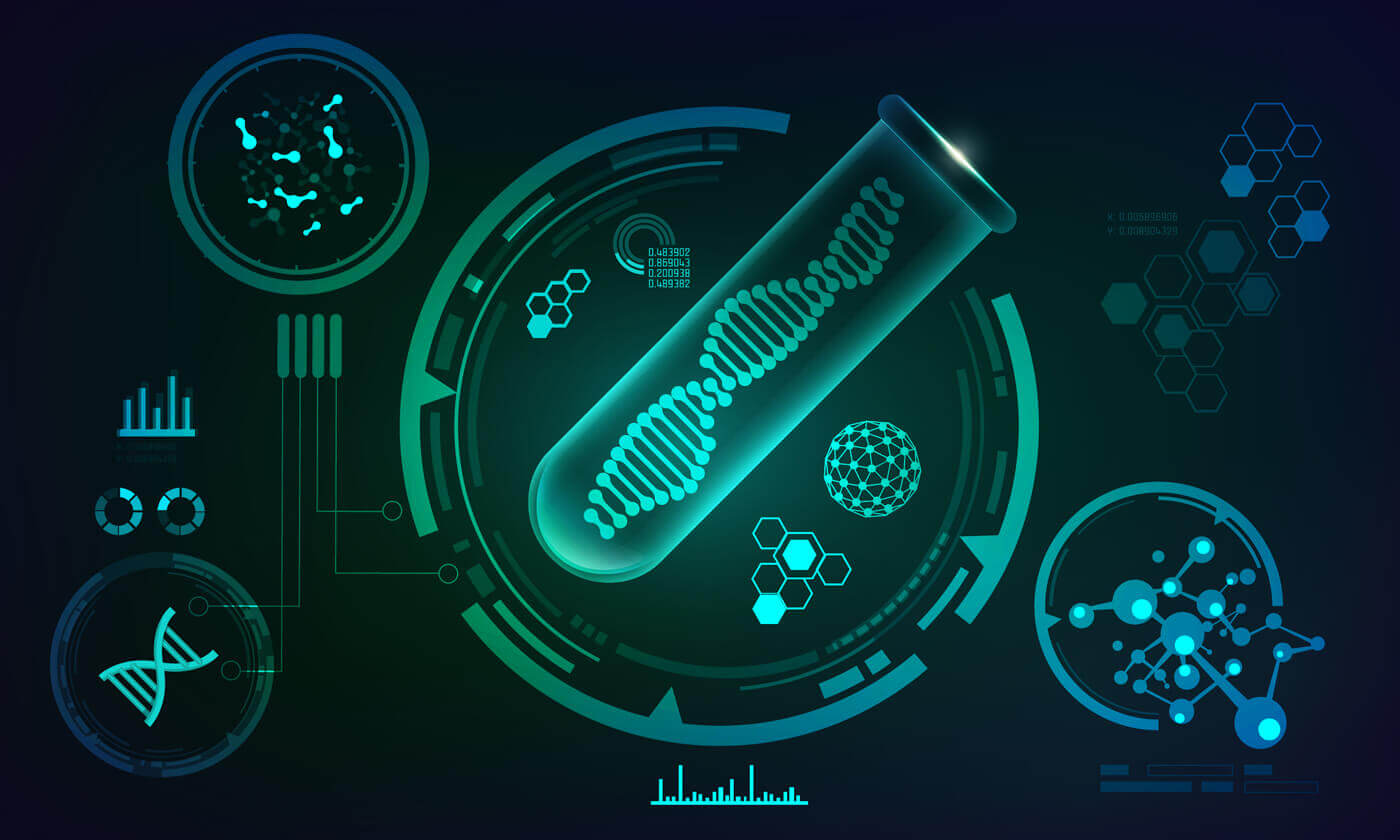
With the advances made in next-generation sequencing technologies personalized medicine, caring for patients based on a genetic understanding of their disease.

Just over a year ago, the He Jiankui stunned the world with his ‘designer twins,’ world’s first gene-edited babies.

Scientists make a DNA breakthrough by using multi-gene test to predict the risk of five diseases.
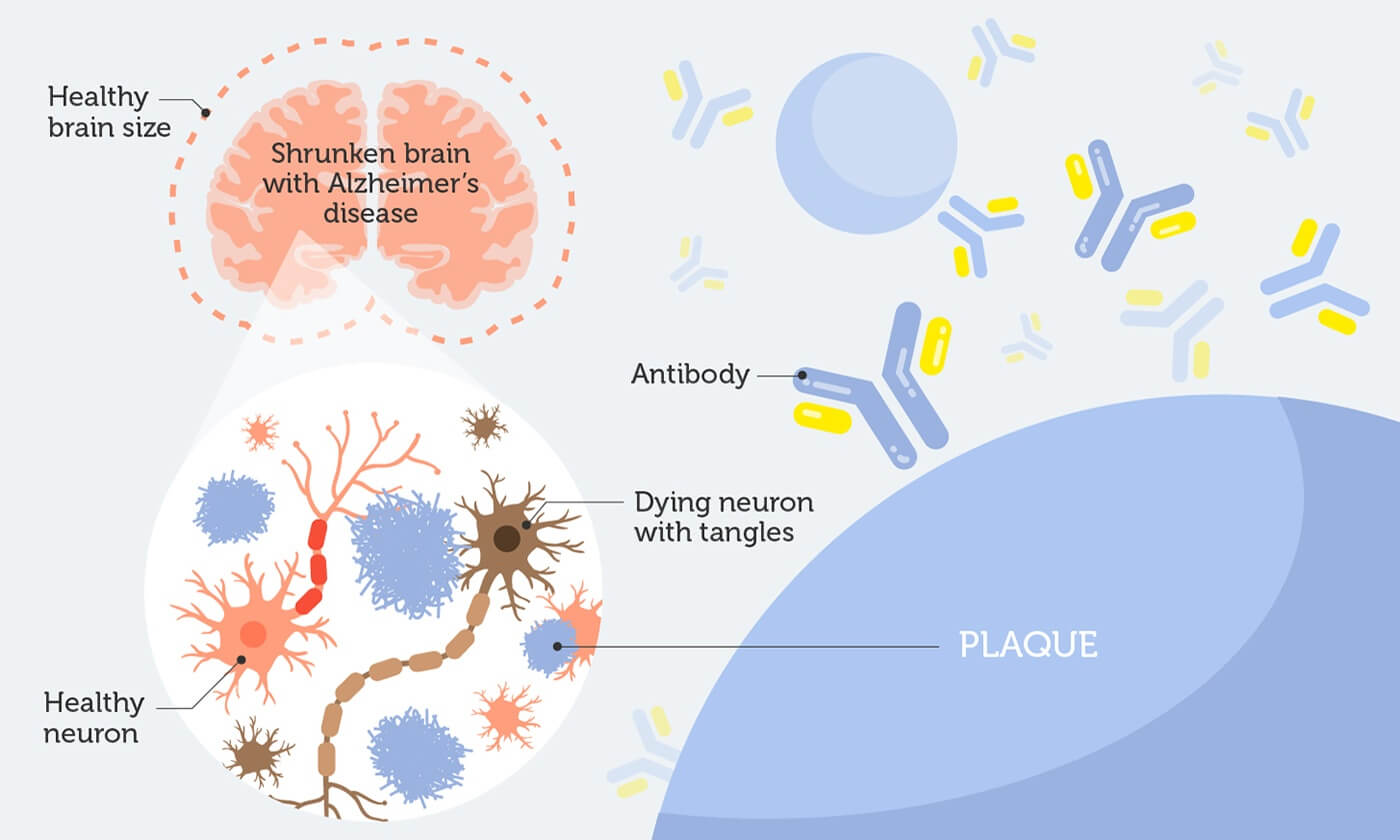
The latest experimental drug BAN2401 likely won’t be the next miracle Alzheimer’s drug.
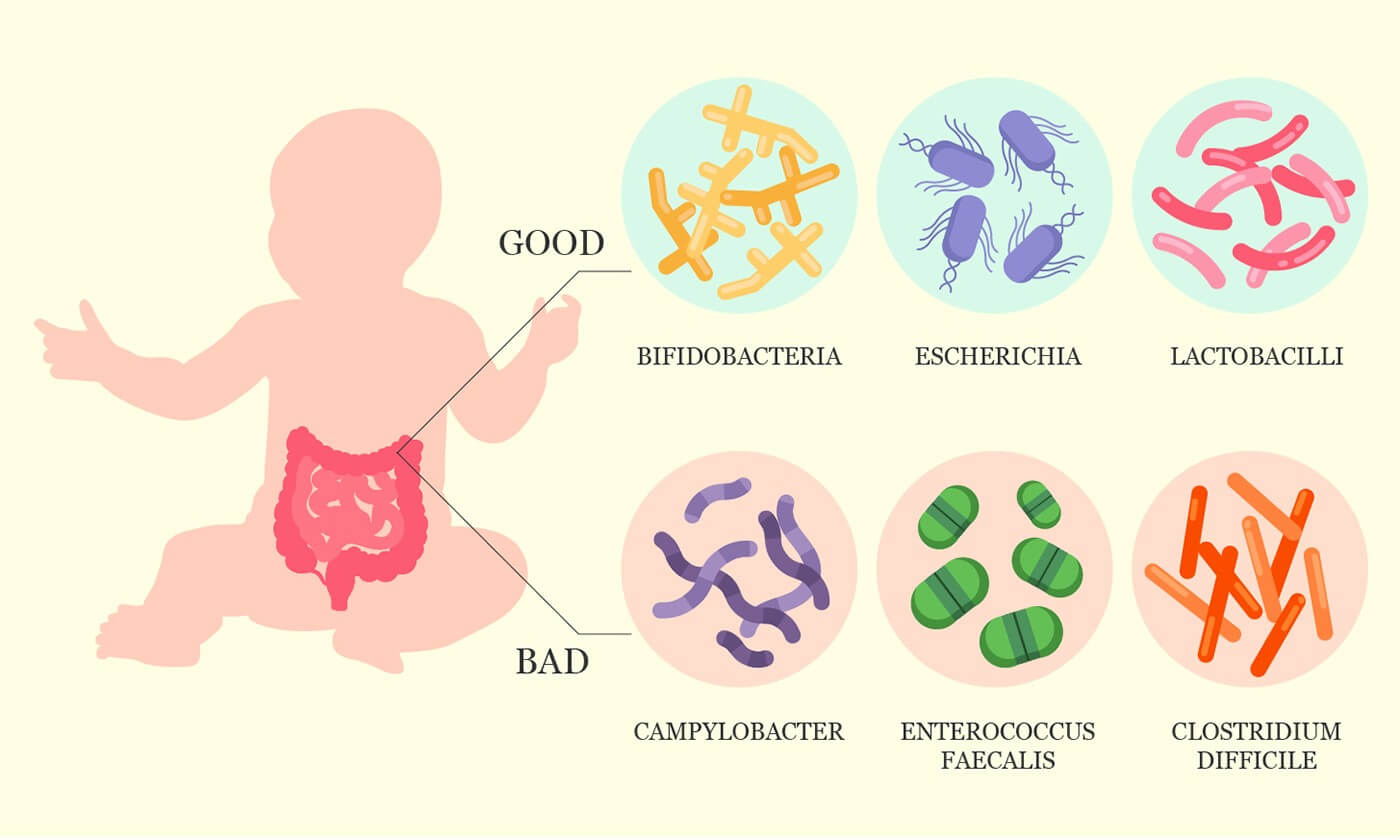
Can scientists look at changes in your baby’s gut bacteria to predict their risk of celiac disease? The link between the gut microbiome, genes and risk of celiac disease.
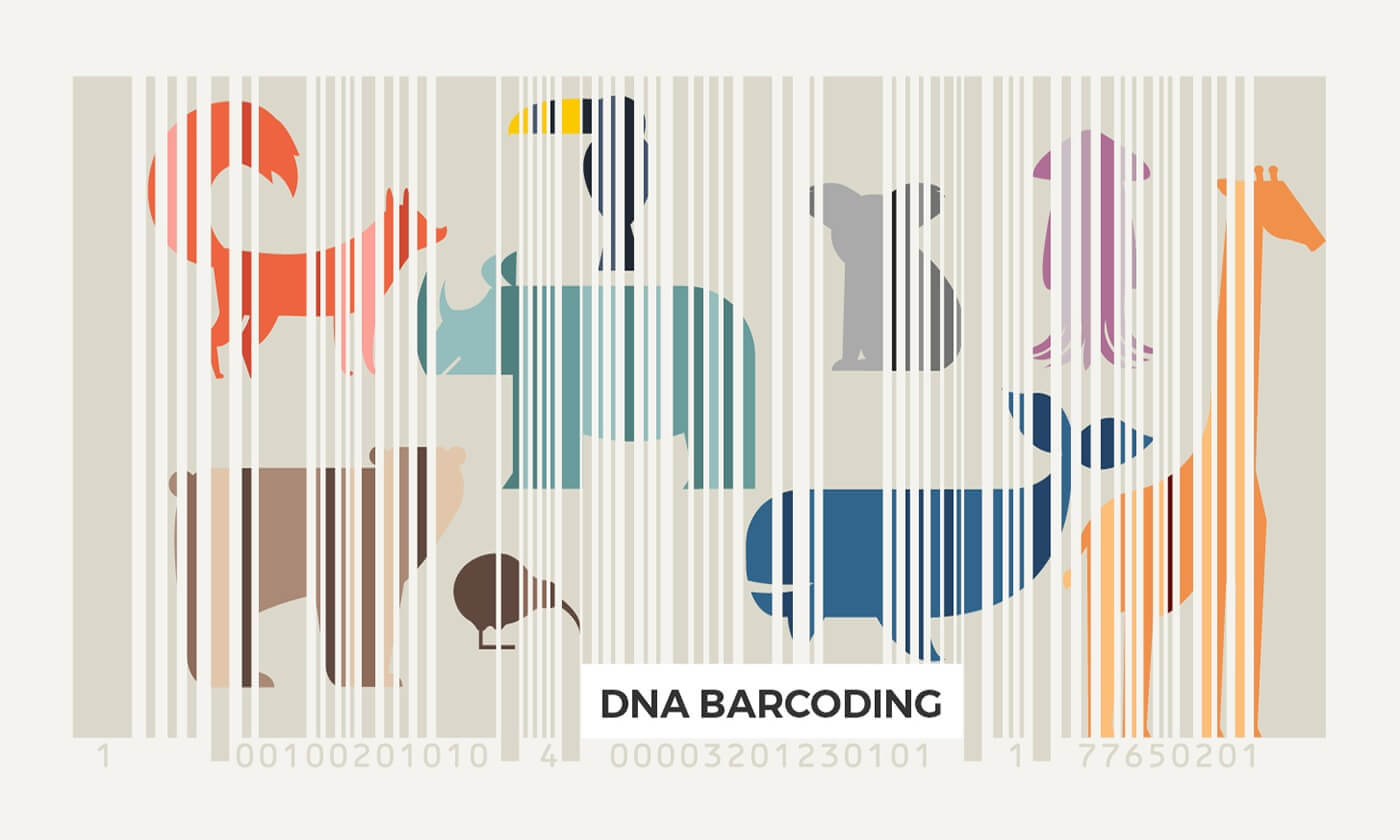
A new method for designing DNA barcodes better suited for large-scale sequencing studies could revolutionize biomedical research.
Latest news
Researchers have uncovered multiple genes associated with needing less than 6 hours of sleep at night.
Researchers identify 21 modifiable risk factors for reducing the risk of developing Alzheimer’s disease.
Researchers link genetic changes in the region of DNA that define blood type with susceptibility to COVID-19 infections.
Must Reads
With an estimate of 26 million people having taken a DNA ancestry test, genetic genealogy has really taken off in the last couple of years.
With so many countries under lockdown, researchers from around the world are racing against time to develop a vaccine for COVID-19.

